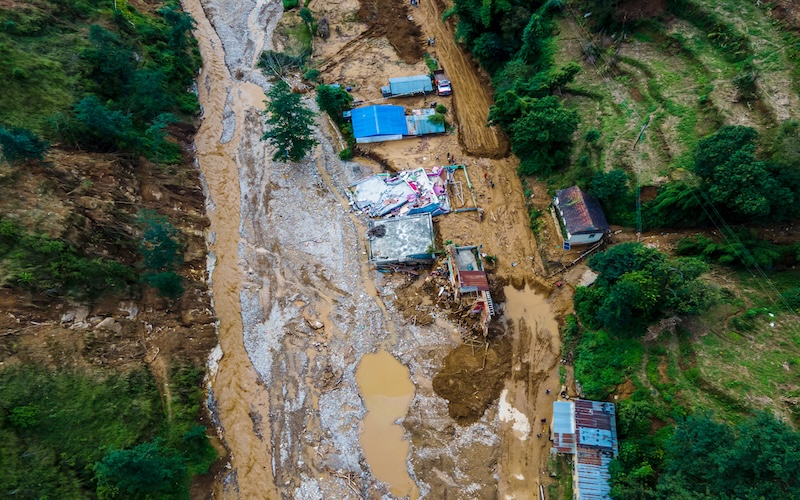Preparing for Rare Events You Might Overlook
Preparedness often focuses on the most common emergencies—storms, power outages, or economic instability. But what about those uncommon scenarios that catch even the most experienced survivalists off guard? Preparing for rare events requires a different mindset: one that anticipates the unexpected and adapts accordingly. These overlooked situations may seem improbable, but taking the time to plan for them can make all the difference.
Cyberattacks and Grid Failures
While power outages are often part of survival planning, cyberattacks targeting infrastructure are a growing threat. Unlike a typical blackout, a cyberattack can cripple communication systems, banking networks, and transportation.
- Prepare Off-Grid Communications: Invest in HAM radios or satellite communicators for long-distance communication without relying on cellular networks.
- Backup Critical Data: Store important documents, passwords, and contact lists on encrypted USB drives or printed copies.
- Physical Cash: In a digital shutdown, cash will be king. Stockpile small denominations for trade.
Earthquakes in Non-Seismic Zones
Even areas not traditionally prone to earthquakes can experience seismic activity due to shifting fault lines or man-made events like fracking. If you live in one of these regions, you may not have considered this risk.
- Reinforce Your Home: Secure heavy furniture, water heaters, and shelves to prevent injuries from falling objects.
- Emergency Shut Offs: Learn how to turn off your gas and electricity in case of damage.
- Evacuation Kit: Prepare a kit with essentials such as sturdy shoes, gloves, and a flashlight to navigate debris.
Unplanned Long-Term Evacuations
Natural disasters, chemical spills, or civil unrest can force you to leave home for weeks—or even months—with little warning.
- Portable Storage: Use durable containers to store important documents, food, and supplies for quick transport.
- Multiple Bug-Out Locations: Plan several potential safe zones in different directions, ensuring flexibility based on the nature of the threat.
- Fuel Reserves: Maintain fuel stores for your vehicle, as gas stations may be inaccessible or empty.
Unexpected Biological Threats
While pandemics are now part of public awareness, localized biological threats like contaminated water supplies or agricultural diseases often fly under the radar.
- Water Purification: Stock advanced filtration systems capable of removing bacteria, viruses, and chemical contaminants.
- Food Safety: Rotate and inspect stored food supplies regularly to prevent spoilage or contamination.
- Protective Gear: Have disposable gloves, masks, and eye protection ready for scenarios involving hazardous exposure.
Solar Flares and Geomagnetic Storms
The threat of solar flares causing widespread geomagnetic disturbances is rare but potentially catastrophic. These events could disrupt power grids and satellite communications for weeks.
- Faraday Cages: Store critical electronics, such as radios and chargers, in Faraday cages to protect them from electromagnetic pulses.
- Manual Tools: Rely on non-electric alternatives like manual grain mills or hand-crank radios for basic tasks.
- Solar Power Backup: Invest in off-grid solar systems that don’t rely on transformers vulnerable to geomagnetic surges.
Wildlife Encounters in Urban Areas
As urban areas expand, wildlife encounters become more common. This includes everything from venomous snakes to large predators displaced by natural disasters.
- Secure Your Property: Install fencing, motion-activated lights, and secure trash storage to deter wildlife.
- Know Local Species: Learn to identify and respond to the most dangerous animals in your region.
- First Aid Knowledge: Carry snake bite kits and understand how to treat injuries from animal encounters.
Conclusion
Preparing for rare events requires foresight and the ability to think beyond common scenarios. By planning for the unexpected, you strengthen your readiness and adaptability in the face of diverse challenges. These events may be uncommon, but their impact can be severe—making preparation not just a choice, but a necessity.




